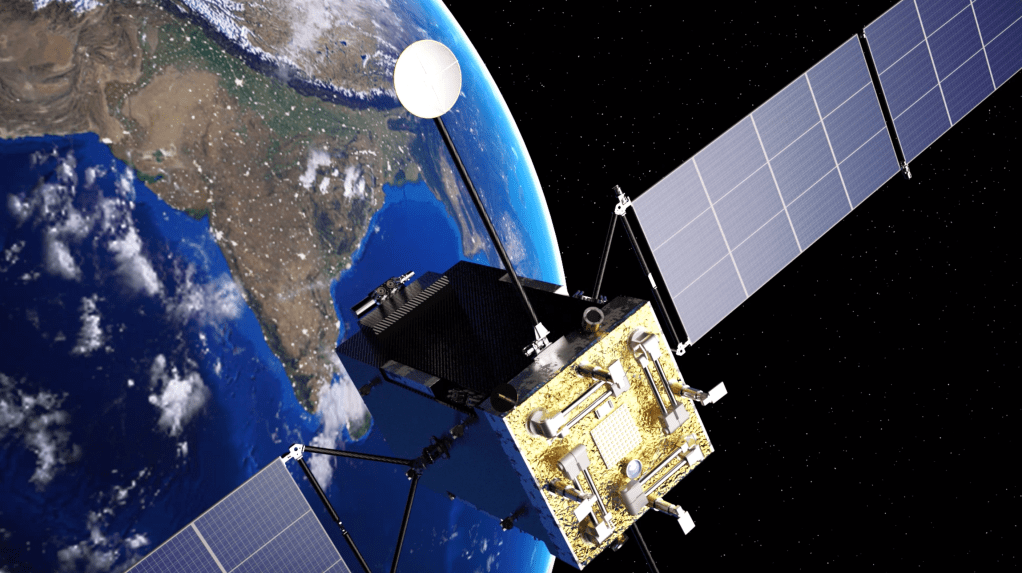Kurs Orbital, a startup founded by Ukrainian space industry veterans, has closed a new tranche of funding to accelerate the commercialization of its satellite servicing technology.
The two-year-old company aims to unlock a new era for human activities in space by enabling capabilities like satellite relocation and inspection, de-orbiting and space debris removal. Kurs does not plan on providing these services itself; instead, the startup is aiming to become the leading supplier of rendezvous and docking technology via its “ARCap” module, which can be integrated into any spacecraft bus.
“Currently, there are no off-the-shelf rendezvous and docking technologies available, so any company that wants to offer satellite servicing or logistics missions has to develop this technology on its own,” Kurs CEO Volodymyr Usov explained. “This would take years, many missions, people and money to achieve. By contrast, our module allows such companies to enter the market much faster and with a modest expense.”
The company’s technology is built off the flight heritage of the Kurs rendezvous system, a Soviet-era technology that was developed to enable spacecraft to dock with the Mir space station. Unlike other firms developing in-space servicing tech, Kurs Orbital’s module will be able to attach to “non-cooperative” targets, or target spacecraft that aren’t fitted with any hardware in advance.
“Our module does not require any hardware to be pre-installed on the customer spacecraft, as it can handle any kind of non-cooperative targets, such as fuel-depleted or faulty satellites or space debris,” Usov, who previously headed Ukraine’s space agency, said. “We aim to provide the market with a system that is truly performant and flexible, that allows the servicing spacecraft to be fully autonomous, both in space operations and from ground control.”
The Turin, Italy-based company is aiming to have the first ARCap module ready for space in the fourth quarter of 2025, though Usov declined to provide any more details about the first mission.
To accelerate its plans, the company closed a €3.7 million ($4 million) seed round led by European deep tech VC firm OTB Ventures, with participation from Credo Ventures, Galaxia (a fund established by CDP Venture Capital and Obloo Ventures), In-Q-Tel and Inovo. Kurs also aims to expand its 11-person team with the new capital, Usov said.
On-orbit servicing has gained attention in recent months after the failure of a handful of high-cost, high-profile satellite missions. A recent example is ViaSat’s ViaSat-3 geostationary satellite, which experienced an issue during antenna deployment and lost much of its planned capacity. The company subsequently filed a $421 million insurance claim for the spacecraft.
De-orbiting could also prove to be a very fruitful market; before a satellite is decommissioned, geostationary satellite operators must put their spacecraft in a so-called “graveyard orbit” many months before they run out of propellant. Enabling a de-orbiting service could help operators squeeze every day of useful life out of the spacecraft.
But the future is far from clear, and Usov said the company “is confident that things will get very interesting.”
“In the early 90s no one would have imagined using the internet for products like social media and streaming services,” he said. “Similarly, we know that our module can enable life extensions, decommissionings, inspections, active debris removals, refuelings and more, but we also anticipate that new use cases for our technology will emerge in 10 years. On the logistics side, we are currently limited to a single destination, the ISS. In 10 years, we should have multiple commercial destinations managed by private companies, in different orbits. We believe that one of the next big steps in space will be multimodality, as we know it on Earth. And what could be better than a standardized technology that can handle all those scenarios?”































Comment